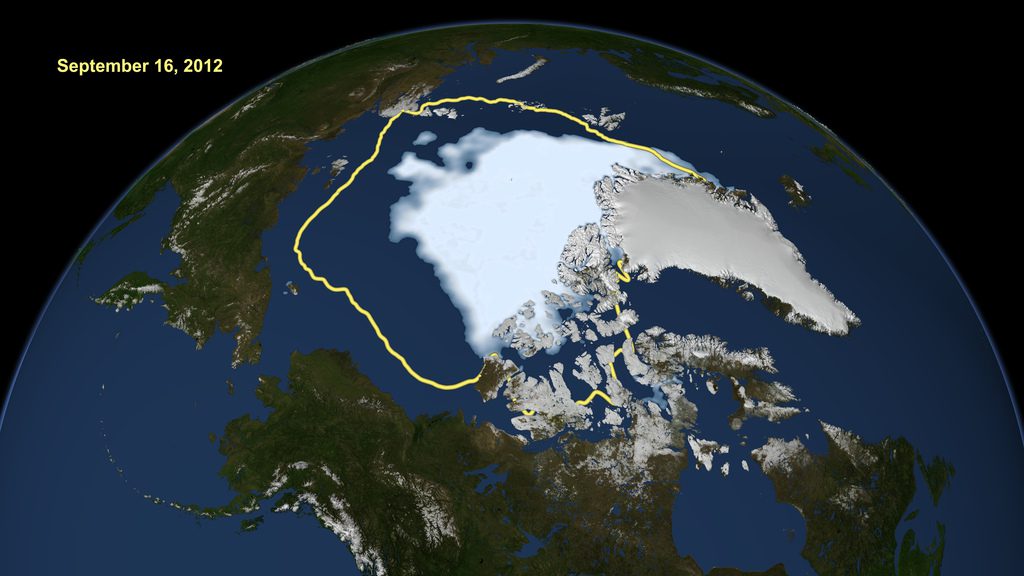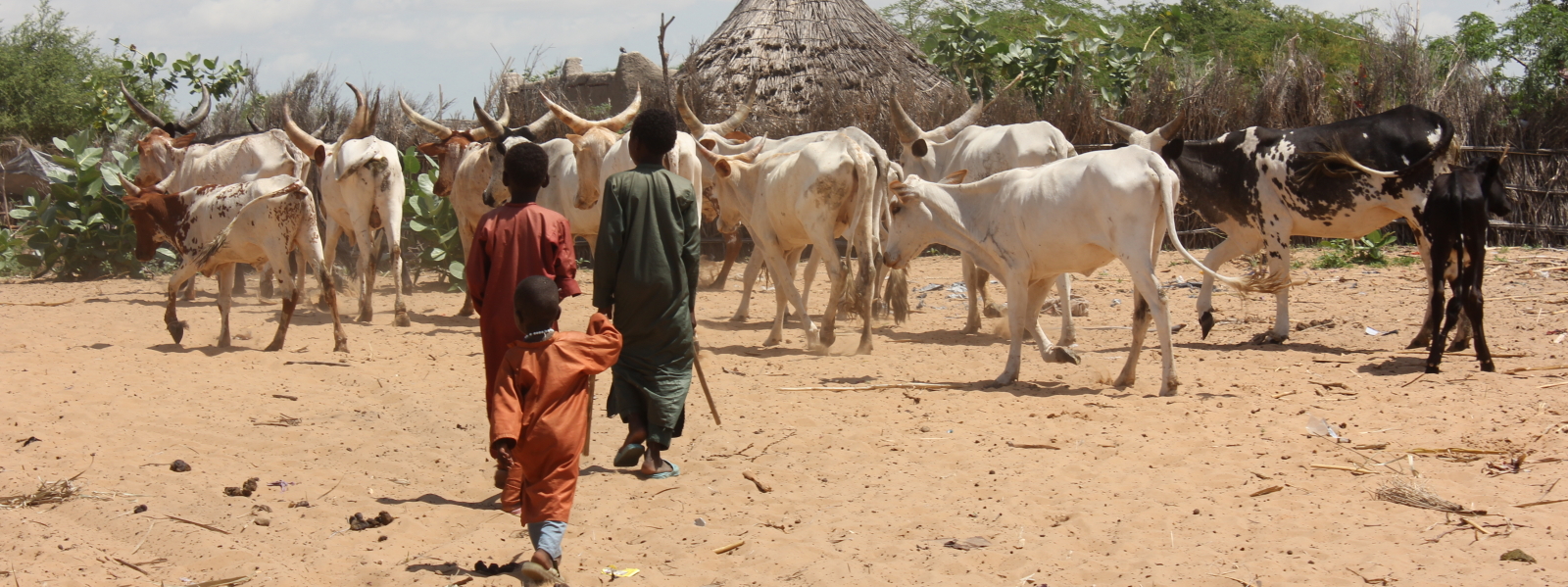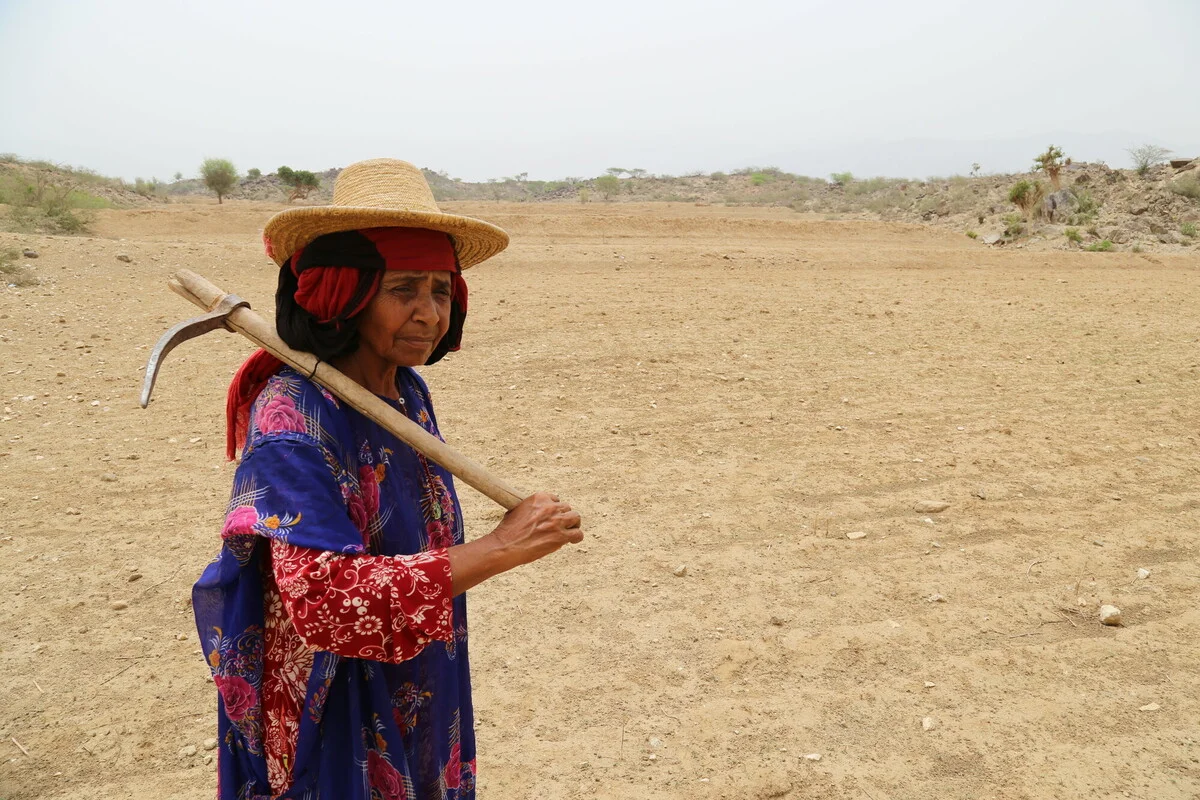The results are in. The Arctic summer melt record has not merely been broken. It’s been smashed – confounding experts and revealing that ice loss is happening far faster than models predicted. The previous record, set in 2007 was surpassed on 27 August, weeks before the end of the melt season. Since then we have lost further area equivalent to a third the size of Queensland.
Two months out from the next crucial round on UN climate negotiations in Doha, where countries must make concrete progress towards a more effective global deal on greenhouse emissions, we’ve been dealt a dramatic illustration of how human activity is altering the planet. Less visible but no less dramatic is the mounting impact of our changing climate on humans.
As an international aid and development agency with partners in over 90 countries, Oxfam is increasingly familiar with life on the climate change frontline.
The impact of climate change is no more real and immediate than in its threat to food production. Rising temperatures and shifting rainfall patterns will reduce yields of staple crops in most major food producing regions. These slow-onset changes will be compounded by sudden scarcity and price shocks as more frequent extreme weather events, including droughts and intense downpours, wipe out harvests in a stroke.
The great 2012 melt is the latest indicator of just how fast our climate is changing. These changes have a disproportionate impact upon poor people in developing countries, who at the same time have the least responsibility for the world’s greenhouse emissions.
Australians are no strangers to how extreme weather can impact food prices. When, in 2006, Cyclone Larry decimated Queensland’s banana crop, banana prices around the country rose by up to 500 per cent. In the poorest countries, where people spend up to 75 per cent of their income on food, the combination of failing production, a broken food system and further pressure from extreme weather threatens to push millions more over the edge. Without the income, savings, or social insurance of developed countries, people can be forced to go without food, sell off assets – such as animals – critical to their livelihoods or take their children out of school. This has long-term consequences, undermining decades of work in the fight against poverty and eroding people’s ability to cope.
Once considered as lagging behind global action to counter climate change, Australia has since proved it can be an effective player in international climate negotiations. Our decision in 2007 to finally ratify the Kyoto Protocol raised hopes worldwide. Since then, we have upped our game back home, enacting a strong set of clean energy laws and making a solid contribution towards assisting developing countries in adapting to climate change.
We must maintain the momentum. Last year, at the global climate talks in Durban, governments agreed to launch negotiations towards a more ambitious international climate treaty, to apply to all countries, to be finalised by 2015 and take effect by 2020. But there’s a problem.
The initial phase of the Kyoto Protocol comes to an end this year. It is essential it continues, as it’s the only legally binding agreement to reduce emissions and is an important stepping stone to a global agreement.
The EU has thrown its support behind the next phase of the Kyoto Protocol. So too have key groups of developing countries who, while not bound by the treaty, recognise its continuation as critical in the fight against climate change and thus their own future. But Australia remains on the fence.
Signaling our support for the continuation of the Kyoto Protocol shows our willingness to remain part of a global solution to climate change, bolstering our reputation as a responsible international player and guaranteeing access to international carbon markets. The alternative, of continued wavering, risks damaging the prospects for badly-needed progress in Doha.
The dramatic events of this northern hemisphere summer demand that we redouble efforts towards a global climate solution. When it comes to Kyoto, we have nothing to lose and everything to gain.
Dr Simon Bradshaw is Oxfam Australia’s Climate Change Advocacy Coordinator



